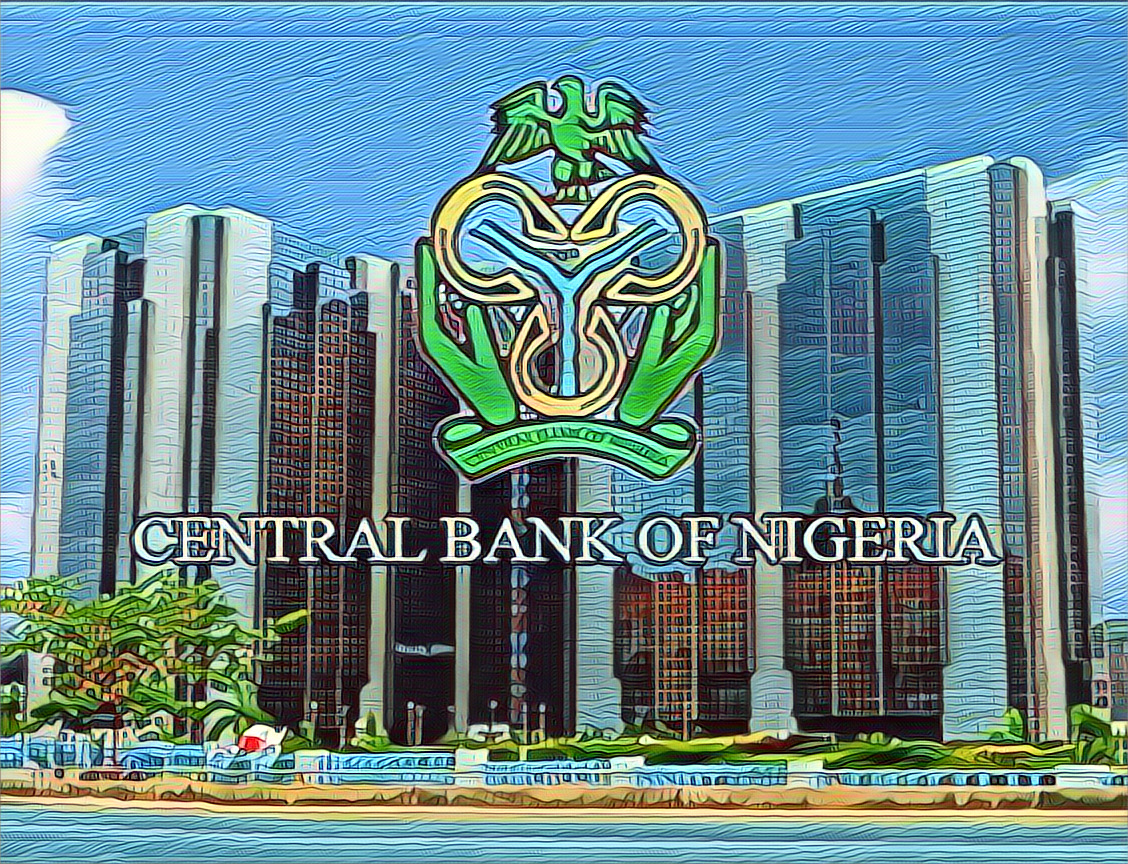In a comprehensive report by The Sun Nigeria, Adanna Nnamani from Abuja elucidated the current financial stability of Nigeria amidst global economic fluctuations and the rising concern over the nation’s debt levels post-COVID-19. The Central Bank of Nigeria (CBN), under the leadership of Governor Mr. Olayemi Cardoso, has confidently declared the country’s debt situation as stable. This assertion was made during a Medium Term Debt Strategy (MTDS) workshop in Abuja, jointly organized by the World Bank, the International Monetary Fund (IMF), and the West African Institute For Financial and Economic Management (WAIFEM).
Governor Cardoso provided a detailed analysis of Nigeria’s debt metrics, highlighting the external debt-to-GDP ratio at a manageable 9%. This figure represents a cautious approach towards external borrowing, ensuring that the majority, 85%, of the nation’s debt, is structured with medium to long-term maturities. When compared to the debt levels of emerging and developing economies, which average at 50% GDP, Nigeria’s debt at 37% GDP positions it in a relatively advantageous situation regarding debt sustainability.
Despite the optimistic overview, Governor Cardoso urged for vigilance against potential liquidity risks, underscoring the importance of addressing weak revenue mobilization and persistent challenges that could compromise debt sustainability and financial stability. He emphasized the significance of the MTDS as an integral part of Nigeria’s broader medium-term economic management and fiscal policy framework. The country has been proactive in updating its MTDS, reflecting changing economic conditions, funding needs, and the global financial landscape, with the most recent strategy covering the period 2020-2023.
The goals of Nigeria’s MTDS include ensuring that borrowing activities are sustainable, optimizing the debt portfolio for cost and risk, and enhancing debt management capabilities. However, challenges such as exchange rate volatility, inadequate revenue generation, and external shocks like oil price volatility necessitate ongoing refinement of the MTDS.
Nigeria is currently rated at a “moderate” overall risk of sovereign stress. This assessment underscores the effectiveness of the country’s debt management strategy, which has been able to maintain stability despite adverse global market conditions and the increased debt burden since the pandemic outbreak.
Furthermore, Dr. Baba Musa, Director-General of WAIFEM, spoke on the critical importance of the training, highlighting the global concern over rising public debt levels, particularly in developing countries. These countries face limited fiscal space and opportunities for concessional finance, with a significant number already in debt distress or at high risk of it, according to the latest World Bank/IMF data. Musa’s comments shed light on the crucial need for comprehensive strategies to prevent further progression into debt crises.
This report underscores the proactive measures taken by Nigeria in managing its debt, reflecting a balanced approach towards borrowing and debt sustainability. The collaboration between national and international financial institutions in conducting the MTDS workshop indicates a commitment to maintaining financial stability and addressing the challenges of debt management in a dynamic global economic environment. The ongoing efforts to refine and implement effective debt strategies are essential in ensuring the country’s financial health and stability, paving the way for sustainable economic growth and development.


